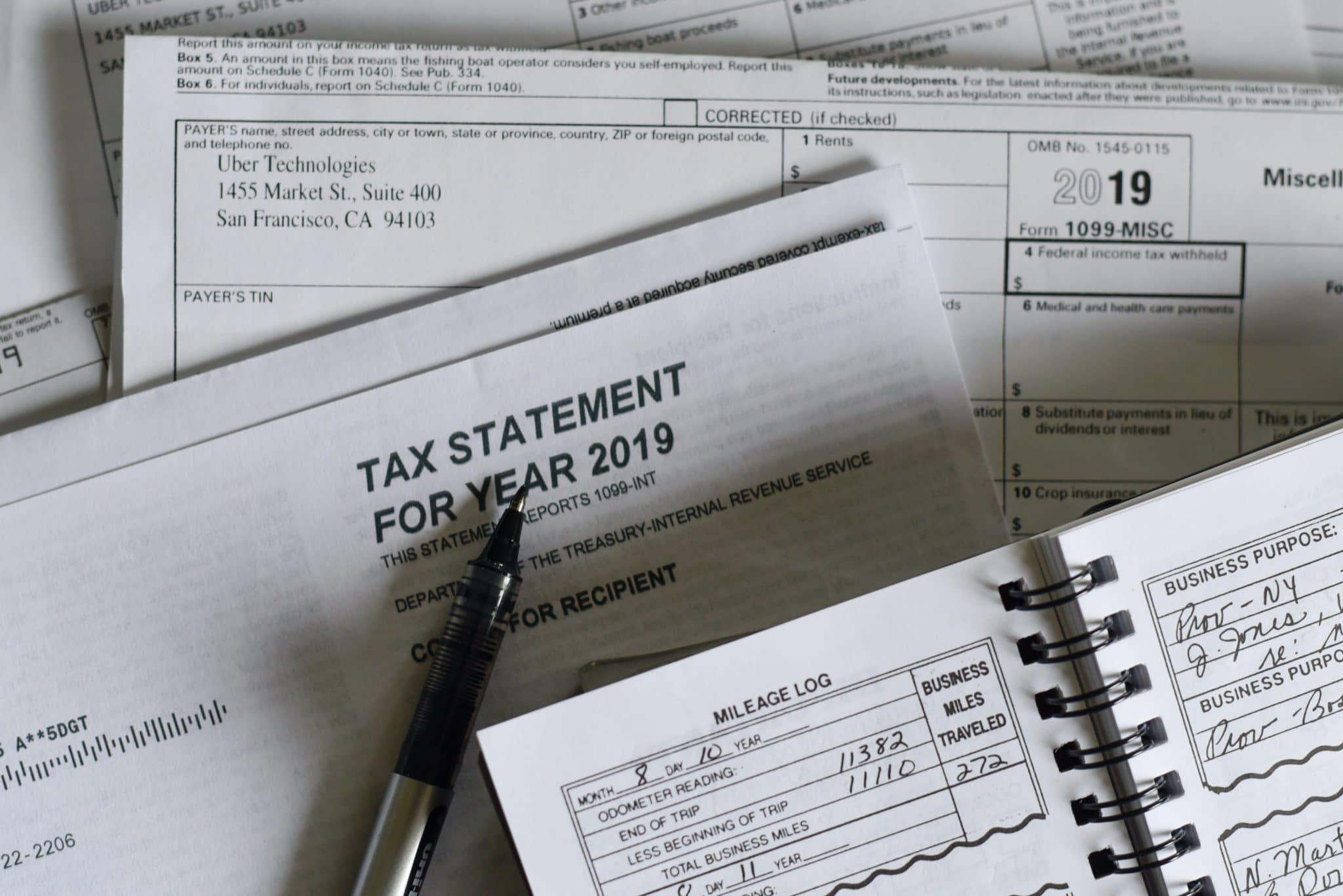Are you a small business owner who is confused about taxes? Do you have questions about what you need to do to stay compliant and avoid penalties? You’re not alone. The tax code is complex, and it can be challenging to understand what applies to small businesses. This blog post will provide an overview of the most important things small business owners need to know about taxes. We will cover income tax, self-employment tax, and more!
What Is A Small Business? What Are The Benefits Of Being One?
A small business is defined as an independently owned and operated company that employs a limited number of employees and generates less revenue than a large corporation. While the definition of a small business may vary depending on the industry, most small businesses share specific characteristics. For example, small businesses are typically privately owned and operated, have a limited number of employees, and generate less revenue than their larger counterparts.
There are several benefits to being a small business owner. First, small businesses are typically more nimble and agile than large corporations. This allows them to quickly adapt to changes in the marketplace and respond to customer needs. Second, small businesses often have closer relationships with their customers and employees than large corporations. This can lead to improved customer service and greater employee loyalty. Finally, small businesses typically have lower overhead costs than large corporations. This gives them a competitive advantage and helps keep prices down for their customers. Overall, being a small business owner has its advantages and disadvantages, but there are many reasons why it can be a rewarding experience.
What Types Of Taxes Do Small Businesses Have To Pay, And When Are They Due?
There are many different taxes that small businesses may need to pay, depending on the specific tax laws of their jurisdiction. Some common types of taxes that small businesses may need to consider include income taxes, sales taxes, payroll taxes, and property taxes. Income taxes are typically due on a company’s annual income and calculated according to each business’s total earnings relative to other companies in its industry. Sales taxes are paid by businesses that sell taxable goods or services, such as retailers and manufacturers. These taxes must be collected from customers and remitted to the government regularly.
Payroll taxes refer to the various federal and state withholding and contributions made by employers toward employee benefits such as health insurance, social security, and retirement plans. And finally, property taxes are paid by businesses that own property like buildings or land, assessed annually by local authorities. Depending on a business’s size and structure, it may have to pay any combination of these types of tax or others specific to its industry or region. Ultimately, small business owners need to stay up-to-date on the latest tax regulations to meet their obligations.
How Can You Keep Track Of Your Expenses And Deductions Throughout The Year, So You’re Prepared Come Tax Time?
One of the best ways to keep track of your expenses and deductions is to use accounting software. This will easily track your income and expenses throughout the year. You can also use a spreadsheet or other method of tracking your finances, but using accounting software will make the process much easier. Another good tip is to keep all of your receipts in one place so you can easily find them when it’s time to file your taxes.

Are There Any Other Things To Consider When It Comes To Taxes And Small Businesses?
There are a few other things to consider regarding taxes and small businesses. First, you should make sure you are keeping accurate records of your income and expenses. This will help you prepare your tax return and avoid penalties. Second, you should be aware of the tax deadlines and make sure you are paying your taxes on time. Finally, you should consider hiring a tax professional to help you with your taxes if you are unsure how to file or have a complex financial situation.
How Can You Get Help If You Need It?
If you need help with your taxes, a few options are available. You can hire a tax professional, such as an accountant or tax attorney. You can also find information online from the IRS website or other websites specializing in taxation for small businesses. Finally, you can attend a seminar or workshop on small business taxation. This will allow you to learn more about the tax code and its application to your business.
Conclusion
No matter what type of small business you have, it’s essential to understand the ins and outs of the tax code. By staying organized and keeping accurate records, you can ensure that you are prepared come tax time. And if you ever have any questions or need help, there are plenty of resources available to you. With a bit of effort, you can ensure that your small business is compliant with all tax laws and regulations.

















0 Comments